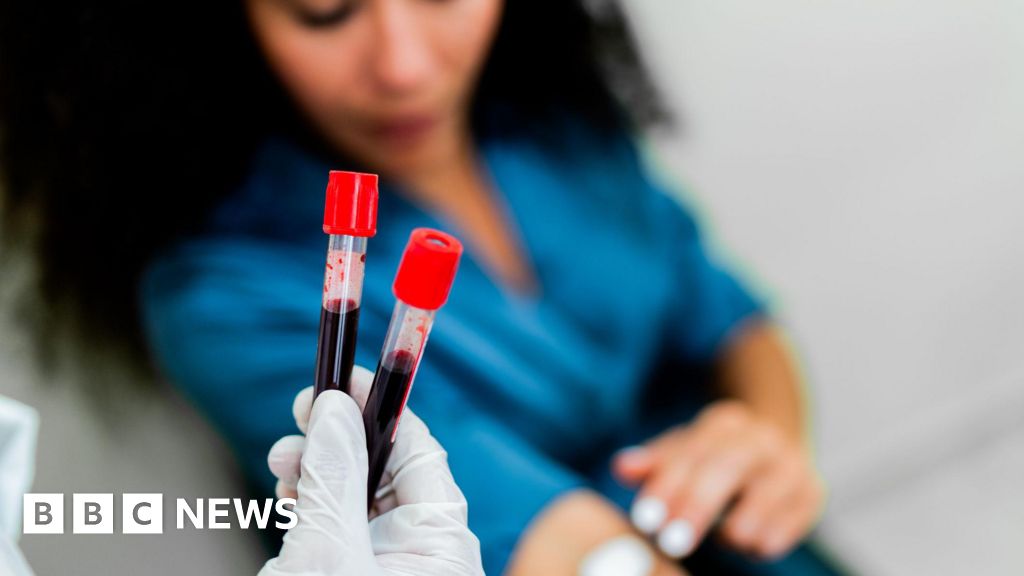Introduction to Blood Test for Cancer
A blood test for more than 50 types of cancer could help speed diagnosis, according to a new study. Results from a study in North America show that the test was able to identify a wide range of cancers, three-quarters of which have no screening program. More than half of cancers have been detected at an early stage, where they are easier to treat and potentially curable.
How the Test Works
The Galleri test can detect fragments of cancerous DNA that have broken out of a tumor and are circulating in the blood. It is currently being trialled by the NHS. The study followed 25,000 adults from the US and Canada for a year, with almost one in 100 getting a positive result. In 62% of these cases, cancer was later confirmed.
Effectiveness of the Test
The lead researcher said the data shows the test could "fundamentally change" their approach to cancer screening. It could help detect many cancers “earlier, when the chances of successful treatment or even a cure are greatest.” The test correctly ruled out cancer in over 99% of those who tested negative. When combined with breast, colon and cervical cancer screening, the total number of cancers detected increased sevenfold.
Types of Cancer Detected
Crucially, three-quarters of the cancers discovered were those for which there is no screening program, such as ovarian, liver, stomach, bladder and pancreatic cancer. In nine out of ten cases, the origin of the cancer was correctly determined by the blood test. These impressive results suggest that the blood test could ultimately play an important role in diagnosing cancer earlier.
Future Research and Implementation
But scientists not involved in the research say more evidence is needed to show whether the blood test reduces cancer deaths. Data from randomized trials with mortality as an endpoint will be essential to determine whether the test’s apparent earlier detection results in mortality benefits. Much will depend on the results of a three-year study of 140,000 NHS patients in England, which will be published next year. The NHS had previously said it would expand testing to a further million people if the results were successful.
Expert Opinion
Many cancers are discovered when they are "already very advanced," and the goal is to "move to earlier detection when we have the opportunity to use treatments that are much more effective and potentially more curative." However, further research is needed to “avoid overdiagnosis of cancers that may not have caused any harm”. The National Screening Committee will “play a crucial role in reviewing the evidence and deciding whether these tests should be adopted by the NHS.”

